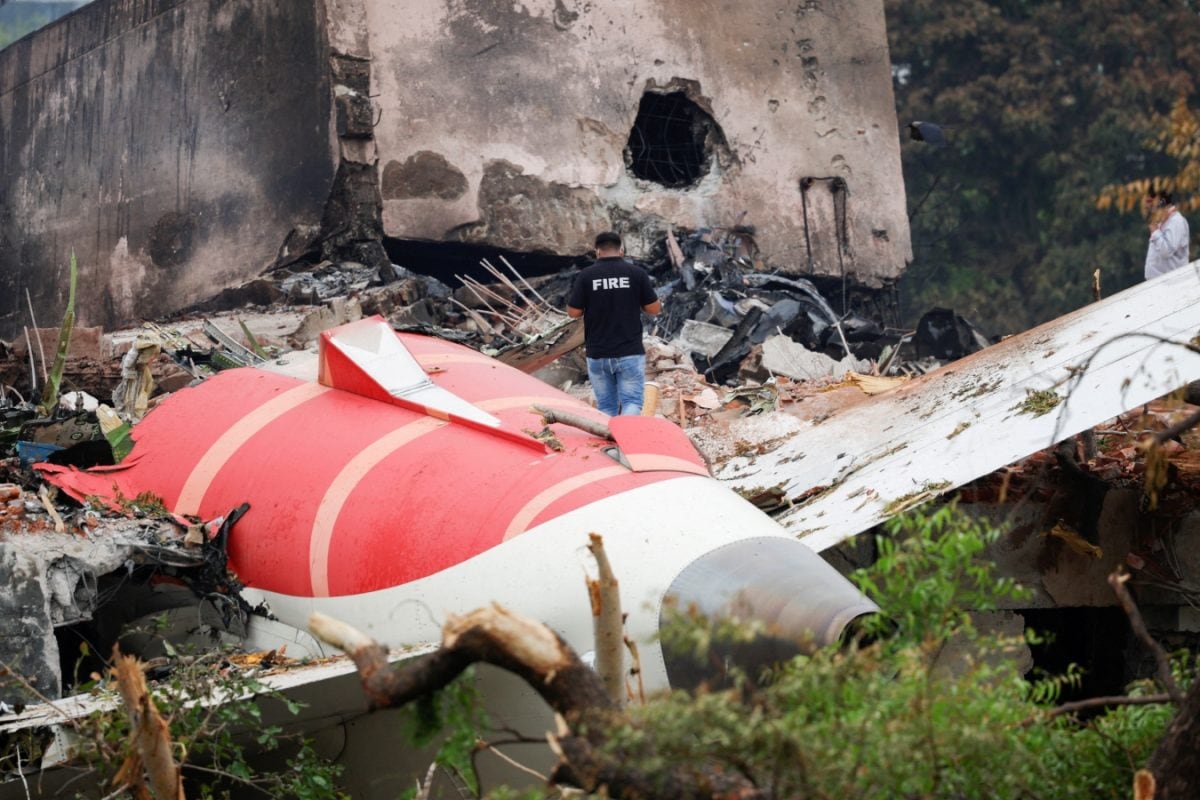

In the wake of the tragic Air India Flight AI171 crash in Ahmedabad on June 12, 2025, which claimed the lives of 241 passengers and 38 on-ground, Air India has announced a significant step to reassure passengers and support those affected by the disaster. The airline will be providing insurance coverage to all passengers on its flights for the next few months. This move aims to provide a safety net and financial security to travelers and their families during this period of heightened concern and uncertainty.
The decision comes as the aviation industry grapples with the aftermath of the Ahmedabad crash, one of the worst aviation disasters in recent history. The incident involved a Boeing 787-8 Dreamliner, operating from Ahmedabad to London Gatwick, which crashed shortly after takeoff in a densely populated area, killing many on the ground as well. The crash has triggered widespread grief and concern, prompting investigations and calls for enhanced safety measures.
Air India's insurance plan is designed to provide financial assistance and compensation in the event of accidents, injuries, or fatalities. While specific details of the coverage are still being finalized, it is expected to include provisions for accidental death, medical expenses, and other related contingencies. This coverage will be in addition to the compensation Air India is already providing to the families of the victims of the Ahmedabad crash. The airline has announced an interim payment of ₹2.5 million (approximately £21,000) to each of the bereaved families and to the sole survivor of the crash, Vishwash Kumar Ramesh, a British national. This is in addition to the ₹1 crore (around £85,000) support announced by the Tata Group.
The insurance coverage for all passengers will likely remain in place for the next few months as investigations into the cause of the Ahmedabad crash continue. The Aircraft Accident Investigation Bureau (AAIB), with assistance from the U.S. National Transportation Safety Board, is currently analyzing the flight data recorder (black box) to determine the factors that led to the crash. Preliminary investigations are focusing on possible engine failure or pilot error.
In addition to the insurance announcement, Air India is also working to enhance safety checks and maintenance protocols for its fleet of Boeing 787 Dreamliners. Aviation Minister Ram Mohan Naidu Kinjarapu has initiated extended surveillance of Air India's Boeing 787 fleet. The Directorate General of Civil Aviation has ordered Air India to undertake extra safety checks on its Boeing 787-8 and 787-9 planes "as a preventative measure."
The Ahmedabad crash is expected to result in India's largest-ever aviation insurance claim, potentially reaching ₹2400 crore. This includes compensation for the hull value of the aircraft, passenger liabilities, and third-party property damage and loss of life on the ground. Air India has secured a total insurance cover of $20 billion for its fleet. The main insurance is arranged by Tata AIG, with a significant portion of the risk reinsured by global firms, including AIG London.
The tragedy has prompted major insurers like SBI Life, HDFC Life, and ICICI Lombard to ease their claim settlement processes to expedite financial relief for the grieving families. Life Insurance Corporation (LIC) has also announced it would relax documentation requirements for victims' families filing death claims, accepting official government records or compensation proof instead of death certificates.
Air India's decision to insure all passengers on its flights underscores its commitment to passenger safety and well-being in the wake of the Ahmedabad tragedy. While investigations continue and the aviation industry reflects on the lessons learned, this move provides a measure of reassurance to travelers and their families.